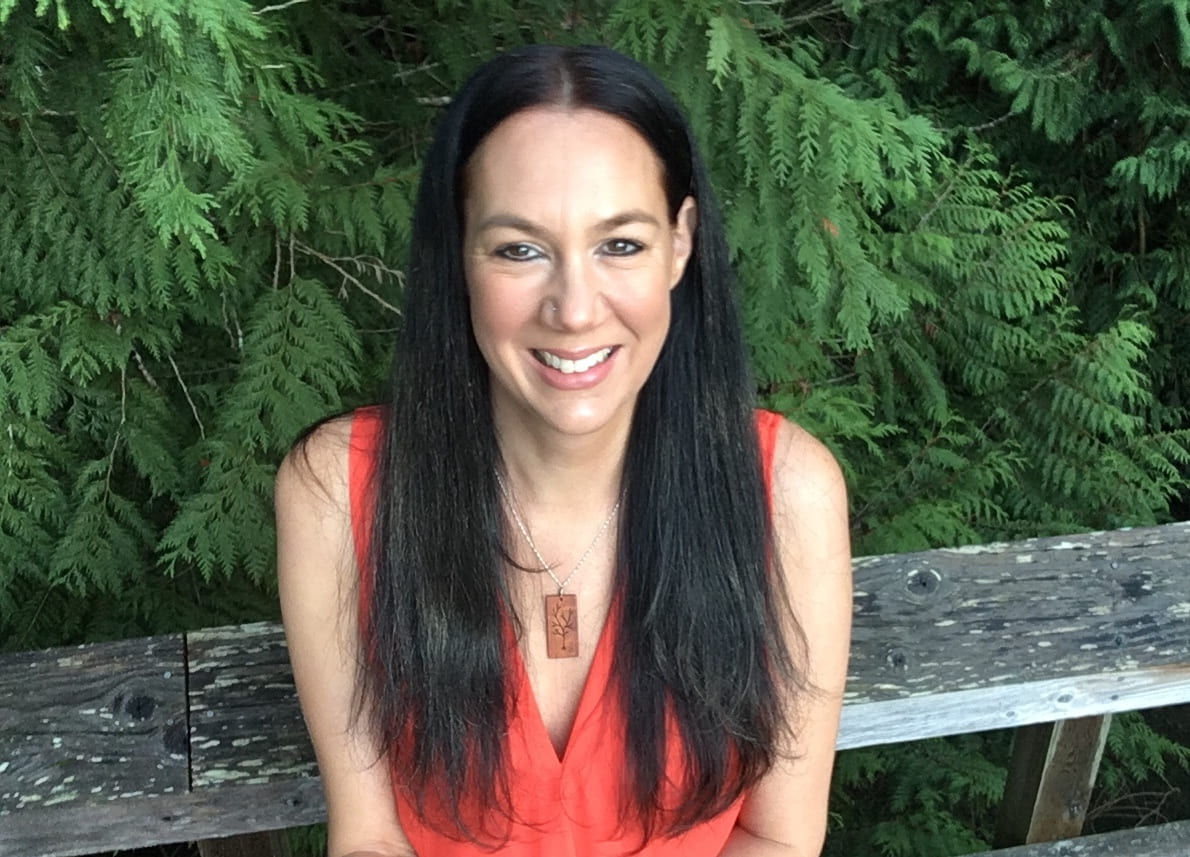
The University of Arkansas Press is pleased to announce the addition of Christine O’Bonsawin as coeditor of the Sport, Culture, and Society Series. O’Bonsawin is Associate Professor of History and Indigenous Studies at the University of Victoria, located on Lək̓ʷəŋən and W̱SÁNEĆ Territories.
David Wiggins, professor emeritus at George Mason University, has been the editor of the series since its beginning in 2013. “Christine is a very talented and productive scholar who will add immeasurably to the success of our Sport, Culture, and Society series, he said. “Smart, very personable, and with a broad understanding of the historical development of sport, her plethora of research publications, noteworthy for their thoroughness, astute analysis, and cogent insights, have focused primarily on Indigenous sport history and Olympic history. I have no doubt she will be just as successful in her role as co-editor and positively contribute to a series that has been highly successful and promises to be even more successful as sport history specifically and sport studies more generally continue to mature as popular academic disciplines. I very much look forward to working closely with her as we seek to attract quality books that further our understanding of sport and its impact and connection to other societal institutions.”
O’Bonsawain’s scholarship in sport history and Indigenous studies take up questions regarding the appropriation and subjugation of Indigenous peoples, identities, and cultures in Olympic history and the future programming of the Games. Christine’s recent scholarship has mainly focused on the legal and political rights of Indigenous peoples in settler colonial Canada, particularly in hosting the Olympic Games and other mega-sporting events on unceded Indigenous territories.
“Although I am trained formally in the field of Sport History,” she said, “I am part of a generation of scholars asked to take up positions in newly emerging Indigenous studies programs across the country in the first two decades of the twenty-first century. I think there are valuable frameworks within the discipline of Indigenous studies that sport historians might consider drawing on more readily, requiring us to bring more of ourselves into our research—our subjective, emotional, and political selves to our work.”
The Sport, Culture, and Society Series was inaugurated in 2013 under the leadership of then-director of the Press Larry Malley and series editor David Wiggins, one of North America’s foremost sport historians. The focus of the series has been the role of sport in the development of community and the forging of individual, local, regional, and national identities and among the important books published are A Spectacular Leap: Black Women Athletes in Twentieth-Century America by Jennifer Lansbury; George Dixon: The Short Life of Boxing’s First Black World Champion, 1870–1908 by Jason Winders; Olimpismo: The Olympic Movement in the Making of Latin America and the Caribbean, edited by Antonio Sotomayor and Cesar R. Torres; and Separate Games: African American Sport behind the Walls of Segregation, edited by by David K. Wiggins and Ryan A. Swanson.
“I am very proud of what we have been able to accomplish so far with the series,” said Wiggins. “We have published a broad range of books, both anthologies and monographs. An indication of our success is the fact that four of our anthologies and one of our monographs have been selected as the outstanding books of the year by the North American Society for Sport History, the most important sport history organization in the world. This is particularly impressive considering we have published just over two dozen books in the series so far.”
The addition of O’Bonsawin moves this excellent series forward. “I am very excited,” she said “by some of the recent scholarship that sport historians are taking up as it concerns anti-racism, decolonization, and topics related to social justice. Our field has evolved in such a way that we now have many rich sporting histories, allowing scholars in the field of Sport History, moving forward, to introduce new critiques and perspectives to existing bodies of work while creating new works infused with unique and diverse ideas and approaches to (re)consider our sporting histories.”
